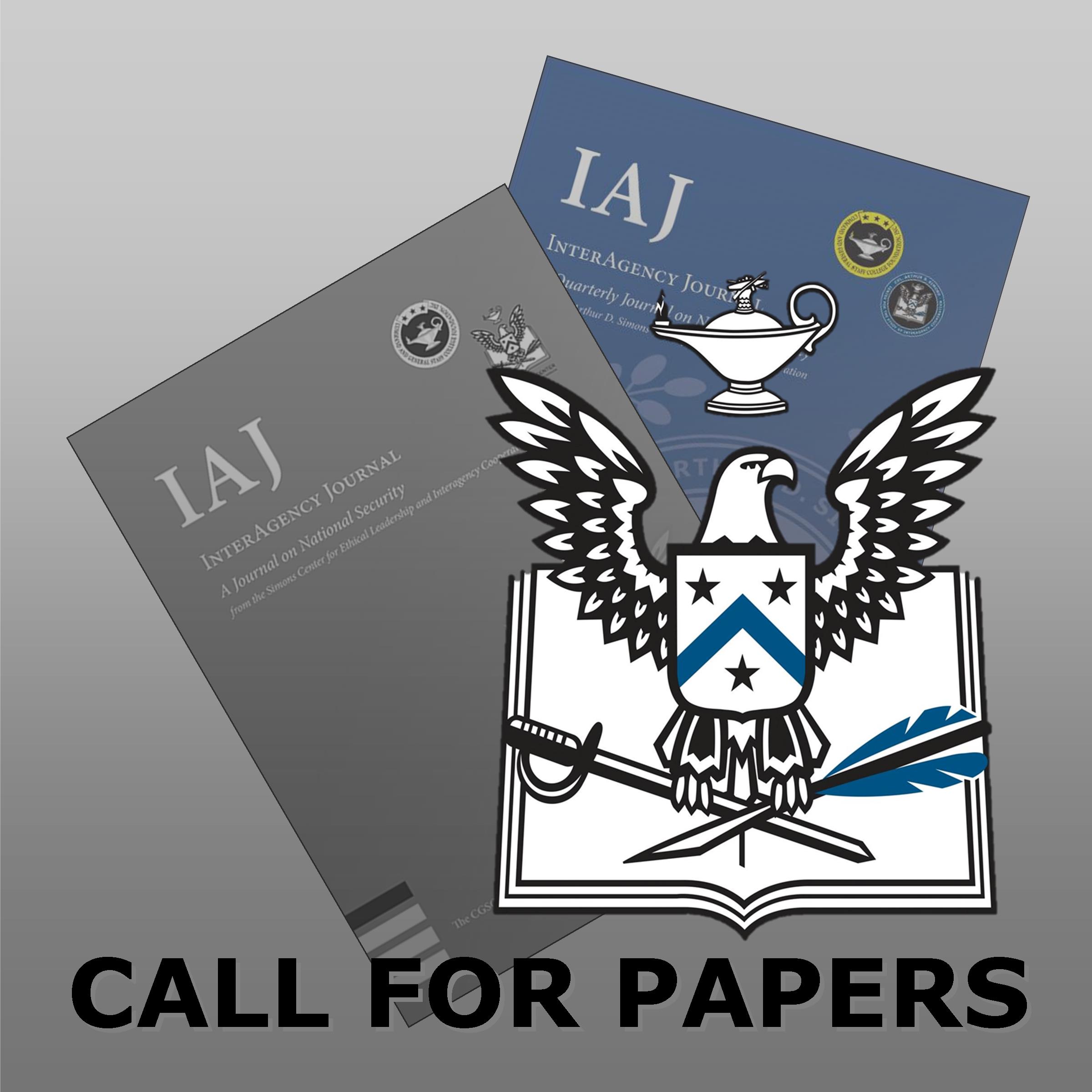Report makes suggestions for South Asia policy
Earlier this month, Asia Society published a report on U.S. policy in South Asia. The United States and South Asia after Afghanistan, written by Asia Society Bernard Schwartz Fellow Alexander Evans, draws on over 90 interviews with U.S. policy practitioners from the State Department, National Security Council, and Congress. The report offers new ideas on how to better integrate U.S. interests in South Asia, increase and strengthen interagency collaboration across East Asia and South Asia, and expand expertise on South Asia in the U.S. government.
According to Evans, U.S. policy toward South Asia has two “strategic disconnects” that need to be addressed. The first is that those working on South Asia have not connected closely enough with those working on East Asia. The second is that policy agendas dealing with counterterrorism, Afghanistan, and India have not been coordinated, and have instead been run parallel to each other.
To address these issues and provide a fresh approach to South Asia policy, Evans suggests four guiding principles. Evans’ encourages practitioners to consider each country on its own merits and avoid hyphenated “Indo-Pak,” “Af-Pak,” or “China-India” policies. Practitioners are also asked to think regionally about economic security, connect South Asia to the Asia strategy as a whole, and integrate diplomatic, defense, and development policy agendas.
The report also includes important lessons learned from reviewing past U.S. South Asia policies and seven specific recommendations to bolster South Asia policy.
For more information about the Asia Society report, please follow the link below.
The United States and South Asia after Afghanistan, Asia Society

Posted: December 13, 2012 by Simons Center
"*" indicates required fields


